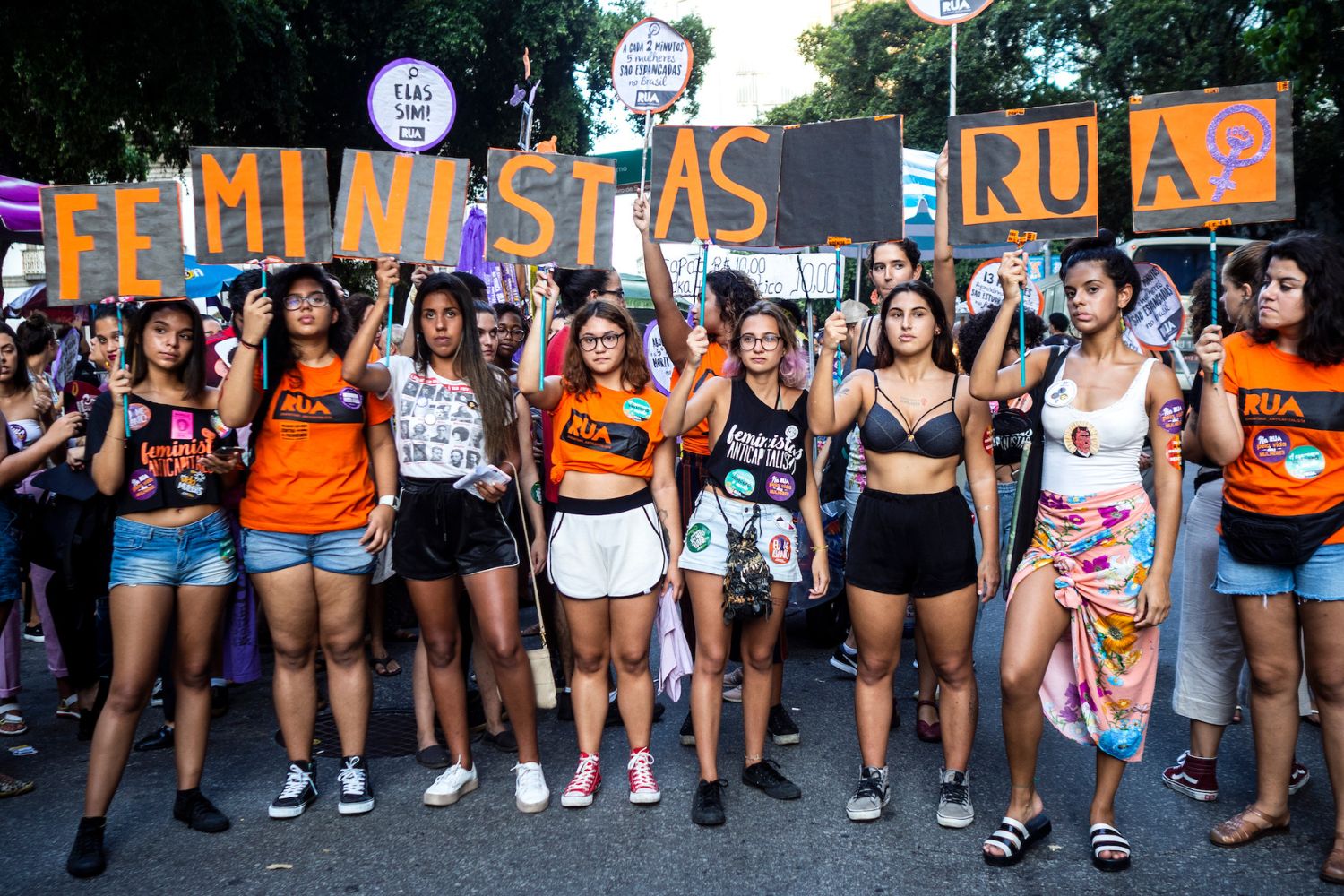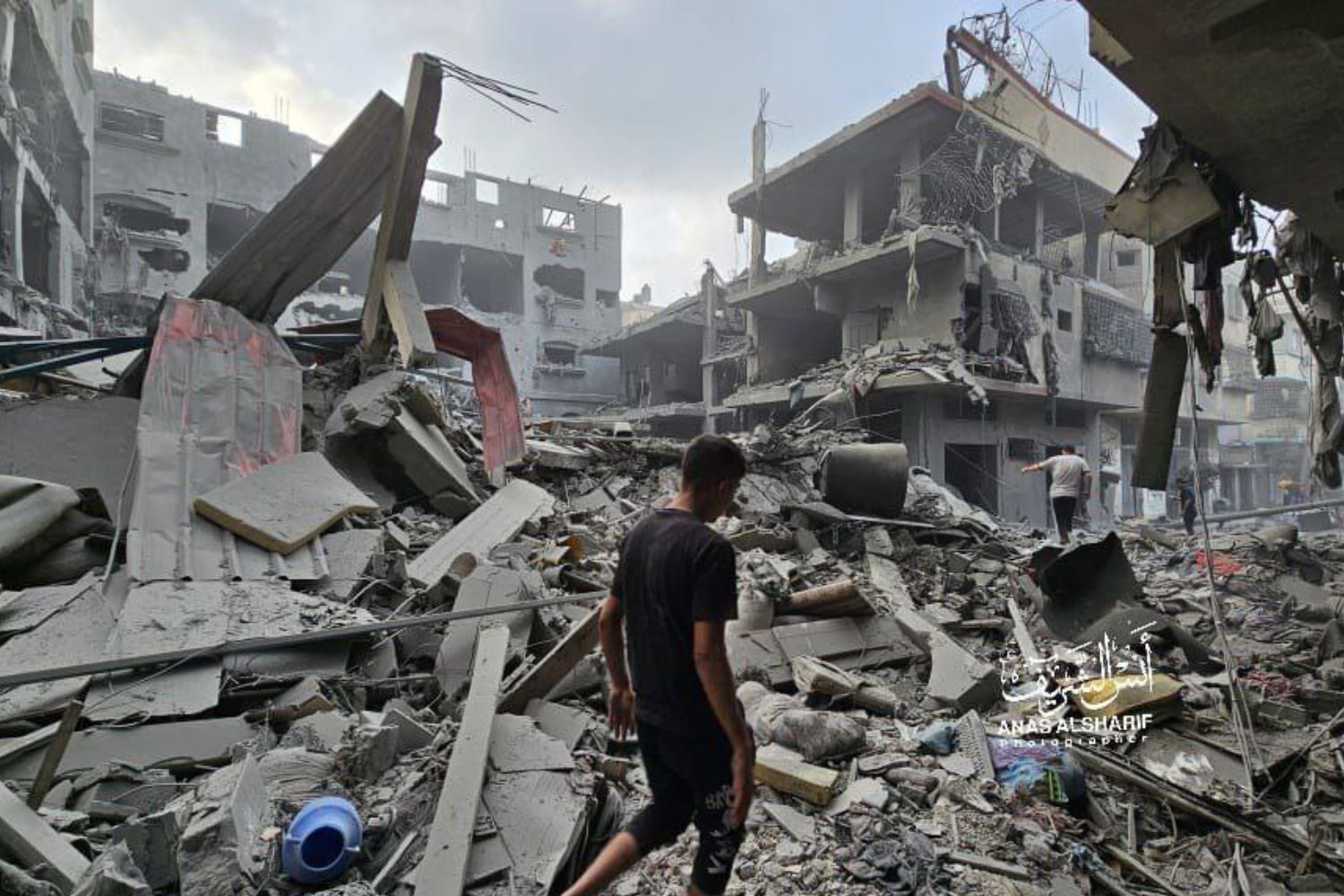In a significant diplomatic effort, the United Arab Emirates (UAE) has successfully mediated a prisoner swap involving 95 combatants from both Russia and Ukraine. This exchange, which took place recently, underscores the UAE’s growing role as a neutral facilitator in international conflicts and highlights its commitment to humanitarian efforts.
The Background of the Conflict
Since the onset of the armed conflict between Russia and Ukraine in 2022, thousands of soldiers and civilians have been captured and detained on both sides. The humanitarian impact of the war has been profound, with families torn apart and communities devastated. Prisoner swaps have become a critical aspect of negotiations, providing a glimmer of hope for those affected by the ongoing violence.
The Role of the UAE
The UAE’s involvement in mediating the prisoner swap is part of its broader strategy to position itself as a key player in global diplomacy. The nation has cultivated relationships with both Russia and Ukraine, allowing it to act as a trusted intermediary. This latest mediation aligns with the UAE’s vision of promoting peace and stability in conflict zones, demonstrating its ability to navigate complex geopolitical landscapes.
Details of the Swap
The recent exchange involved 95 prisoners of war from each side, marking one of the largest swaps to date in the ongoing conflict. The operation was conducted with the utmost secrecy and care, ensuring the safety of all individuals involved. Families of the exchanged prisoners expressed immense relief and gratitude, as many had been anxiously awaiting news of their loved ones’ fates.
Reactions from Russia and Ukraine
Both Russian and Ukrainian officials have publicly acknowledged the success of the swap, recognizing the humanitarian significance of the exchange. This development could pave the way for further negotiations and potentially signal a willingness on both sides to engage in dialogue. The positive reception of the swap highlights the importance of humanitarian efforts in conflict resolution.
Implications for Future Negotiations
The success of this prisoner exchange may serve as a catalyst for future diplomatic efforts. It demonstrates that cooperation is possible even amidst ongoing hostilities, and it may encourage further dialogue between the conflicting parties. The UAE’s role in facilitating this swap could inspire other nations to take similar initiatives, fostering a more collaborative international environment.
The UAE’s mediation of the prisoner swap between Russia and Ukraine is a testament to the power of diplomacy and humanitarianism in times of conflict. By facilitating the safe return of combatants, the UAE has not only alleviated the suffering of families but has also reinforced its position as a mediator in global affairs. As the situation continues to evolve, the hope remains that such cooperative efforts will contribute to a lasting resolution to the ongoing conflict.
The recent prisoner swap mediated by the UAE between Russia and Ukraine is a noteworthy event that highlights several key aspects of international relations and humanitarian efforts.
Humanitarian Impact
The humanitarian aspect of the prisoner exchange cannot be overstated. For the families of the prisoners, the swap represents a reunion and relief after enduring the trauma and uncertainty of war. Many families had been waiting for news of their loved ones for months, and the successful exchange restores hope and provides a sense of closure for those affected.
The UAE’s Diplomatic Strategy
The UAE has been increasingly active in global diplomacy, positioning itself as a neutral ground for negotiations. This strategy has included hosting talks on various international issues, from climate change to regional conflicts. The UAE’s ability to maintain friendly relations with both Western nations and Russia allows it to play a unique role in mediating disputes.
Potential for Future Exchanges
The success of this prisoner swap may open the door for further exchanges and negotiations between Russia and Ukraine. Each successful exchange builds trust and demonstrates the potential for cooperation, even in a climate of tension. Observers speculate that this could lead to discussions on broader issues, including ceasefires or peace talks.
The Role of International Organizations
International organizations, such as the United Nations, have long advocated for the humane treatment of prisoners of war and have encouraged negotiations for their release. The involvement of a neutral party like the UAE aligns with these goals and showcases the importance of international cooperation in addressing humanitarian concerns.
Public Sentiment and Media Coverage
The media coverage surrounding the prisoner swap has been significant, with both Russian and Ukrainian news outlets highlighting the emotional stories of returning prisoners and their families. Public sentiment in both countries generally supports these exchanges, as they are seen as a step towards de-escalation and reconciliation.
Challenges Ahead
While the prisoner swap is a positive development, significant challenges remain in the broader context of the Russia-Ukraine conflict. The ongoing hostilities and complex geopolitical dynamics mean that achieving a lasting peace will require sustained diplomatic efforts and compromise from both sides.
The UAE’s mediation of the prisoner swap is more than just a single event; it represents a broader commitment to humanitarian diplomacy and the potential for constructive engagement in international conflicts. As the situation evolves, the hope is that such acts of cooperation can contribute to a more peaceful and stable future for both Russia and Ukraine.













